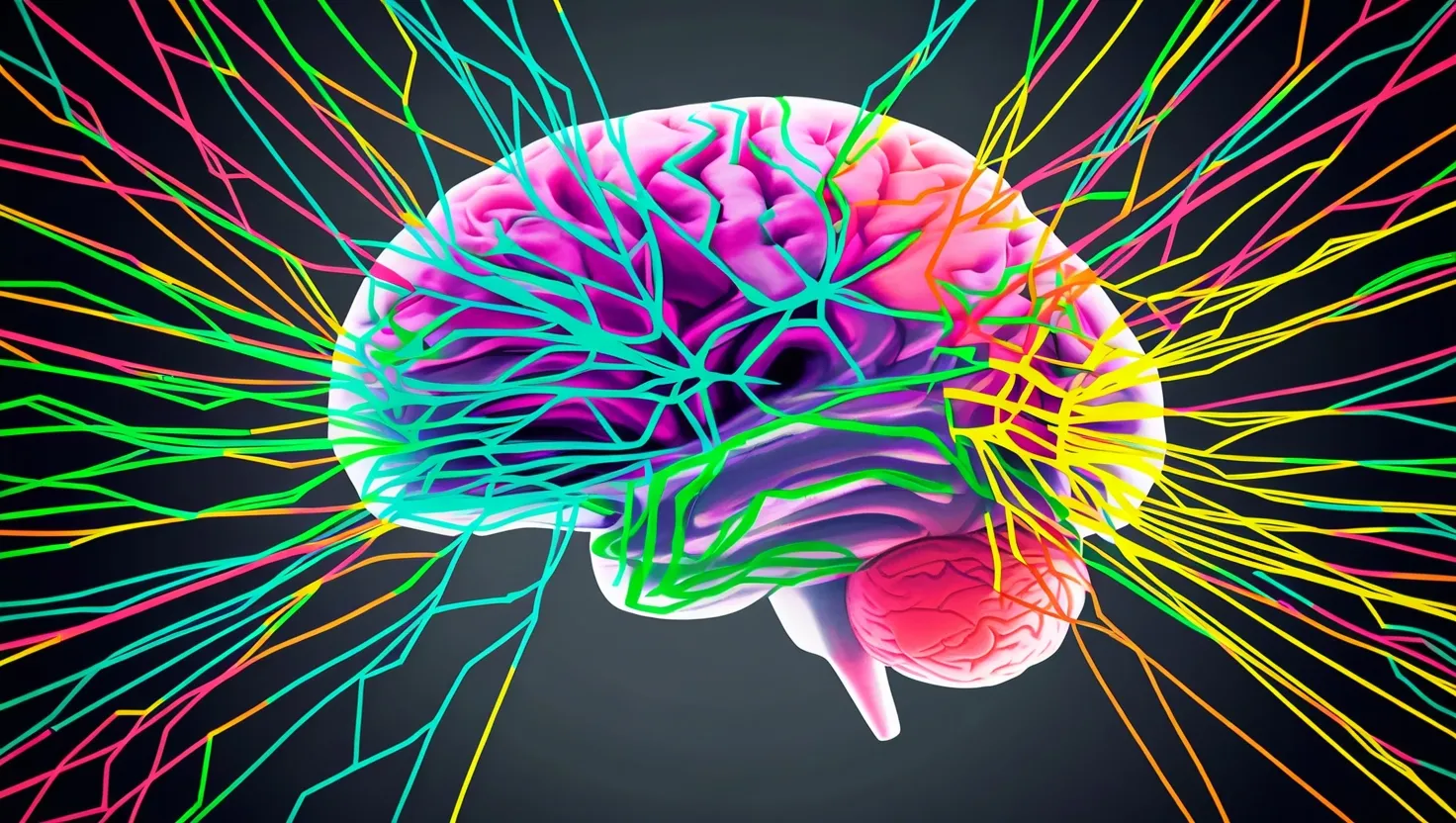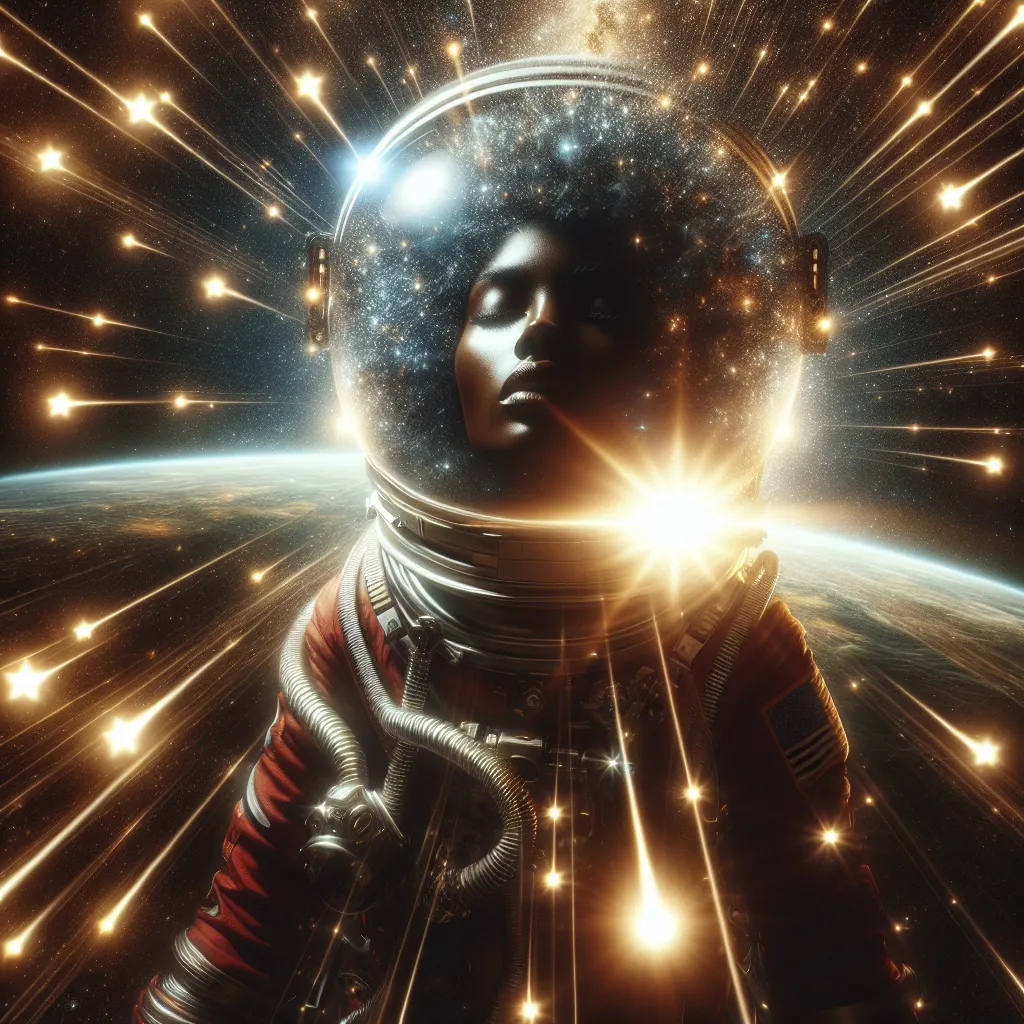Have you ever felt like the world is changing at an unprecedented pace, and it’s not just about the latest social media trends or technological advancements? There’s a fascinating, though somewhat unconventional, theory that suggests our collective thoughts and emotions might be influencing reality itself. This idea, often linked to the concept of quantum consciousness, proposes that our shared consciousness could be tweaking quantum probabilities, subtly steering our timeline in specific directions.
To delve into this concept, let’s start with the basics of quantum mechanics. In the quantum world, particles can exist in multiple states simultaneously, a phenomenon known as superposition. When observed, these particles collapse into a single state, a process known as wave function collapse. Some theorists, like Eugene Wigner and John von Neumann, have suggested that this collapse might be triggered by conscious observation. This idea is part of the von Neumann-Wigner interpretation of quantum mechanics, which posits that consciousness plays a crucial role in the collapse of the wave function.
Now, let’s scale this up to the collective level. Imagine if the thoughts, emotions, and intentions of a large group of people could collectively influence the quantum probabilities that shape our reality. This is where the concept of a “quantum zeitgeist” comes into play. The zeitgeist, or the spirit of the times, is often seen as a cultural or intellectual climate of an era. But what if this collective mindset is not just a social phenomenon but a quantum one?
David Bohm, a physicist who explored the intersection of quantum theory and consciousness, proposed the idea of an “implicate order” – a deeper, more fundamental level of reality from which our explicate, everyday world arises. According to Bohm, both matter and consciousness are projections from this implicate order. If we apply this thinking to the collective level, it suggests that our shared thoughts and intentions could be influencing this implicate order, thereby shaping the reality we experience.
Roger Penrose, another prominent figure in this field, collaborated with Stuart Hameroff on the Orchestrated Objective Reduction (Orch-OR) theory. This theory suggests that consciousness arises from quantum processes in microtubules within neurons. Penrose and Hameroff argue that these quantum processes are not random but are orchestrated by the structure of microtubules, leading to conscious events. If this is true, then it’s plausible that collective conscious events could have a broader impact on reality.
The idea that collective thoughts can shape reality is not new and has been explored in various forms of mysticism and spirituality. However, when we bring quantum mechanics into the picture, it adds a scientific layer to this concept. For instance, James Culbertson has suggested that consciousness is a relativistic feature of spacetime, permeating all of nature. According to this view, every object has a degree of consciousness, and our lives are essentially world lines in spacetime that are influenced by our collective conscious experiences.
But how could this work in practice? One way to think about it is through the lens of social dynamics and cultural shifts. Have you ever noticed how certain ideas or trends seem to emerge simultaneously across different parts of the world? This could be more than just coincidence; it might be a manifestation of our collective consciousness influencing the quantum probabilities that govern our reality.
For example, consider the rapid evolution of technology in recent decades. It’s as if the collective desire for innovation and progress has accelerated the development of new technologies. This isn’t just about individual inventors or scientists working in isolation; it’s about a global mindset that is driving these advancements.
However, this theory also raises questions about free will and the power of group think. If our collective thoughts are shaping reality, do we really have individual control over our lives? Or are we part of a larger, interconnected web of consciousness that is guiding us towards certain outcomes?
Critics argue that these ideas are more speculative than scientific, lacking concrete evidence to support them. They point out that while quantum mechanics is well-established at the microscopic level, scaling it up to the macroscopic world of human consciousness is a significant leap. Moreover, the differences between conscious and unconscious brain events are not yet fully explained by quantum theories, and many of these hypotheses remain “just so” stories without empirical backing.
Despite these criticisms, the idea that our collective thoughts could be shaping our timeline is intriguing and worth exploring further. It challenges us to think differently about the nature of reality and our place within it. If we could harness this quantum zeitgeist on purpose, it opens up possibilities for collective action and conscious evolution that are both exhilarating and daunting.
Imagine if we could consciously shape our future by aligning our thoughts and intentions. It would mean that we are not just passive observers of reality but active participants in its creation. This is a powerful idea that resonates with many spiritual and philosophical traditions, suggesting that we have the potential to be reality architects, collectively dreaming our world into existence.
In conclusion, while the concept of a quantum zeitgeist influencing our timeline is still highly speculative, it offers a compelling perspective on the interconnectedness of human consciousness and the world around us. Whether or not this theory holds up to scientific scrutiny, it encourages us to think more deeply about our collective impact on reality and the potential for conscious evolution. So, the next time you feel like the world is changing in ways you can’t fully understand, remember that your thoughts and intentions might be part of a larger, quantum narrative that is shaping our shared reality.






